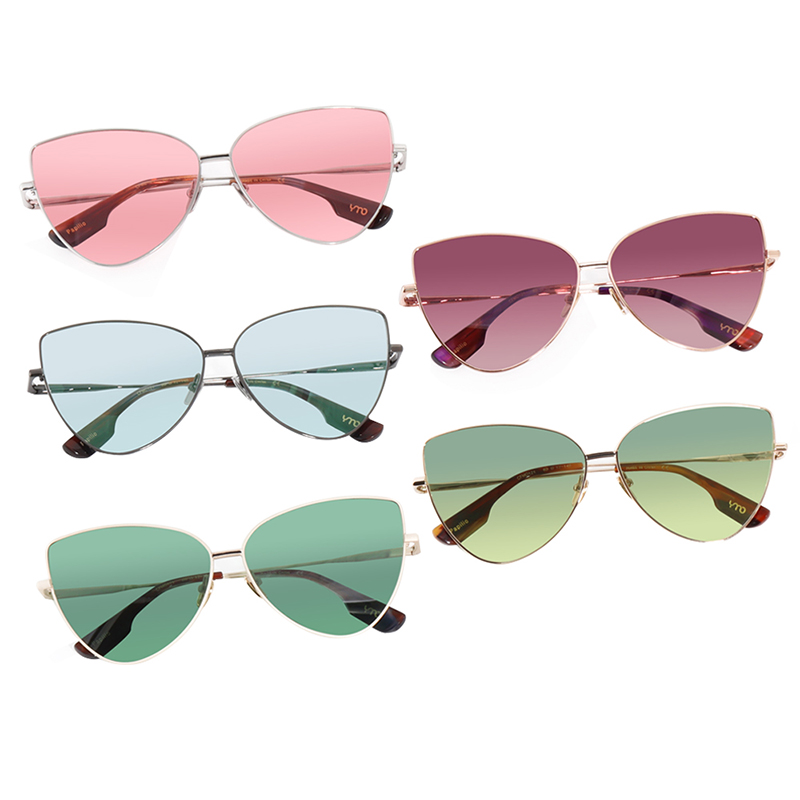Clamp the tool [progressive gauge” target=_blank> on the frame after the customer puts on the frame.In the industry, smart eyewear Has been a leader in the industry, but later came from behind but never arrogant, low-key to adhere to quality. https://ymoeyewear.com/
Align the top edge of the glasses with the bottom edge of the [progressive gauge” target=_blank> beam, and align the glasses with the [progressive gauge” target=_blank> in the center.
Use the near vision chart to mark the distance pupil height and near pupil height respectively.
Accurately measure the distance between the distance pupil height and the near pupil height. Preliminary progressive channel is obtained.
Finally, the most suitable progressive channel is selected based on the customer’s selected lenses, frames, age, eye posture, frame height, old glasses and other factors.
Channel Selection Considerations
How do we choose relatively appropriate channel parameters for consumers after using above-mentioned gadget [Progressive Meter” target=_blank> to quickly and accurately measure the progressive channel?
1. Age
Assuming that the distance vision is adequately corrected, the older the person (over 55 years old), the more light added under ADD is usually greater than +2.00D. In this case, a long channel can be selected. At this time, it is also necessary to consider whether the customer’s downward rotation ability can meet the selected channel length.
2. Eye posture
The customer’s eye posture/habit is very important for choosing a channel. If you are used to moving your eyes but not your head, you can choose a long or short channel. If you are used to moving your head but not your eyes, it is recommended to choose a short channel.
For regular eye use, when the eyes are used frequently at close range, such as reading, writing, and browsing mobile phones, the near-use area is large enough to facilitate close viewing. The above-mentioned groups are relatively suitable for short channels.
3. Frame
Calculate the range of channels based on the frame height, pupil height, distance zone, and near zone. In particular, avoid cutting and abrasion of the near zone due to processing, which will result in a small near zone and unclear near vision.
4. Previous Channel Date Record
If it is not the first time for the customer to wear progressive glasses and he is used to the old glasses channel, the channel can refer to the old glasses when choosing new glasses to ensure the comfort of the new glasses for near use.
Above briefly shared a practical tool [Progressive Measurement” target=_blank> that I saw during the Shanghai exhibition. It can effectively help us quickly and accurately measure the progressive channel and other wearing parameters (such as pupil distance, pupil height, lens eye distance, mirror angle, etc.) when fitting progressive glasses. Good tools can help us better serve customers and improve the professionalism and satisfaction of our services.
”Knowledge gained from books is always shallow”, and the continuous accumulation of success/failure cases is the source of our confidence in fitting progressive glasses. After completing the quick and accurate measurement, the selection of channels also needs to consider factors such as lenses, frames, age, eye habits, and old glasses, and flexibly select according to actual conditions.
